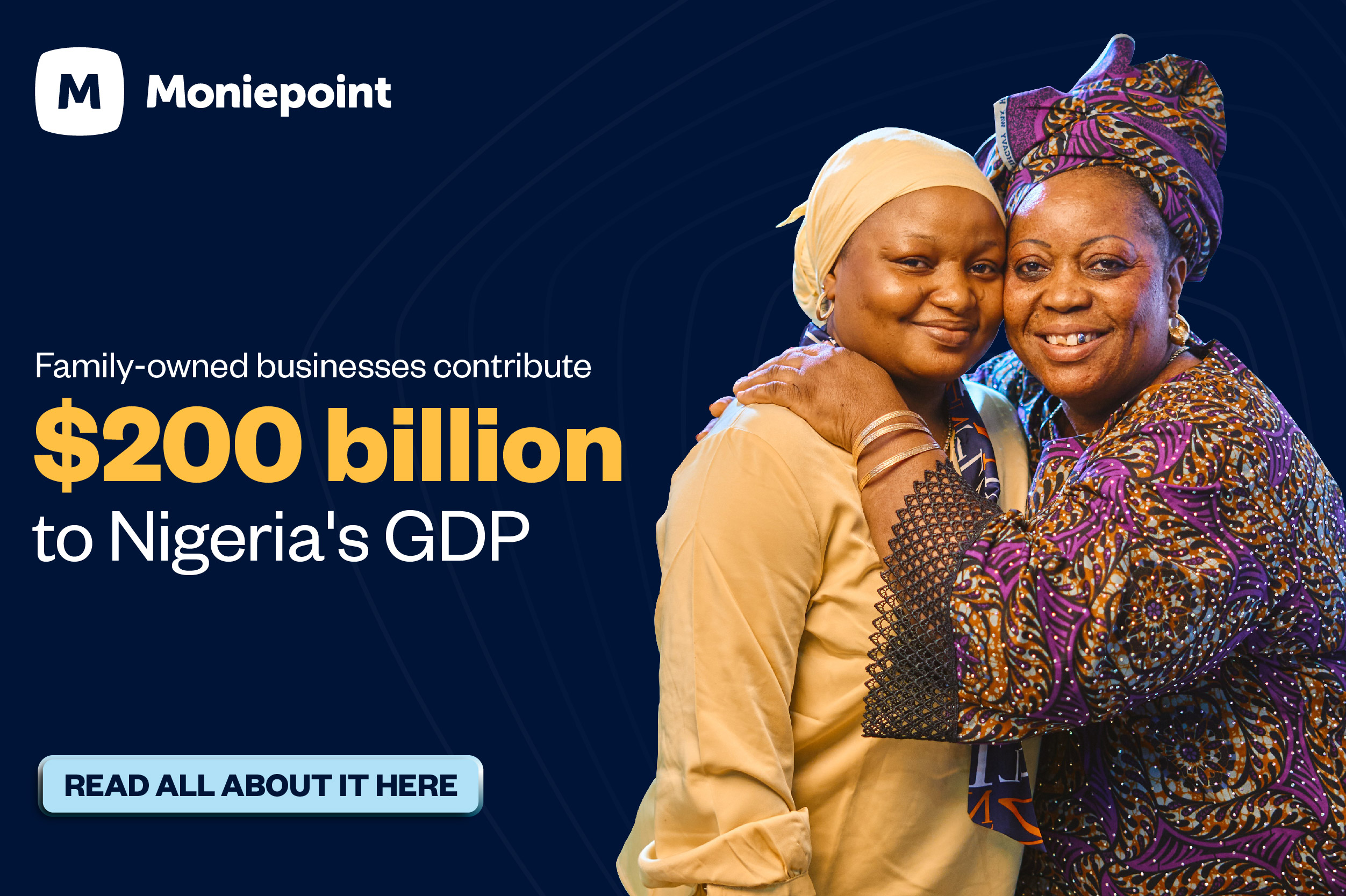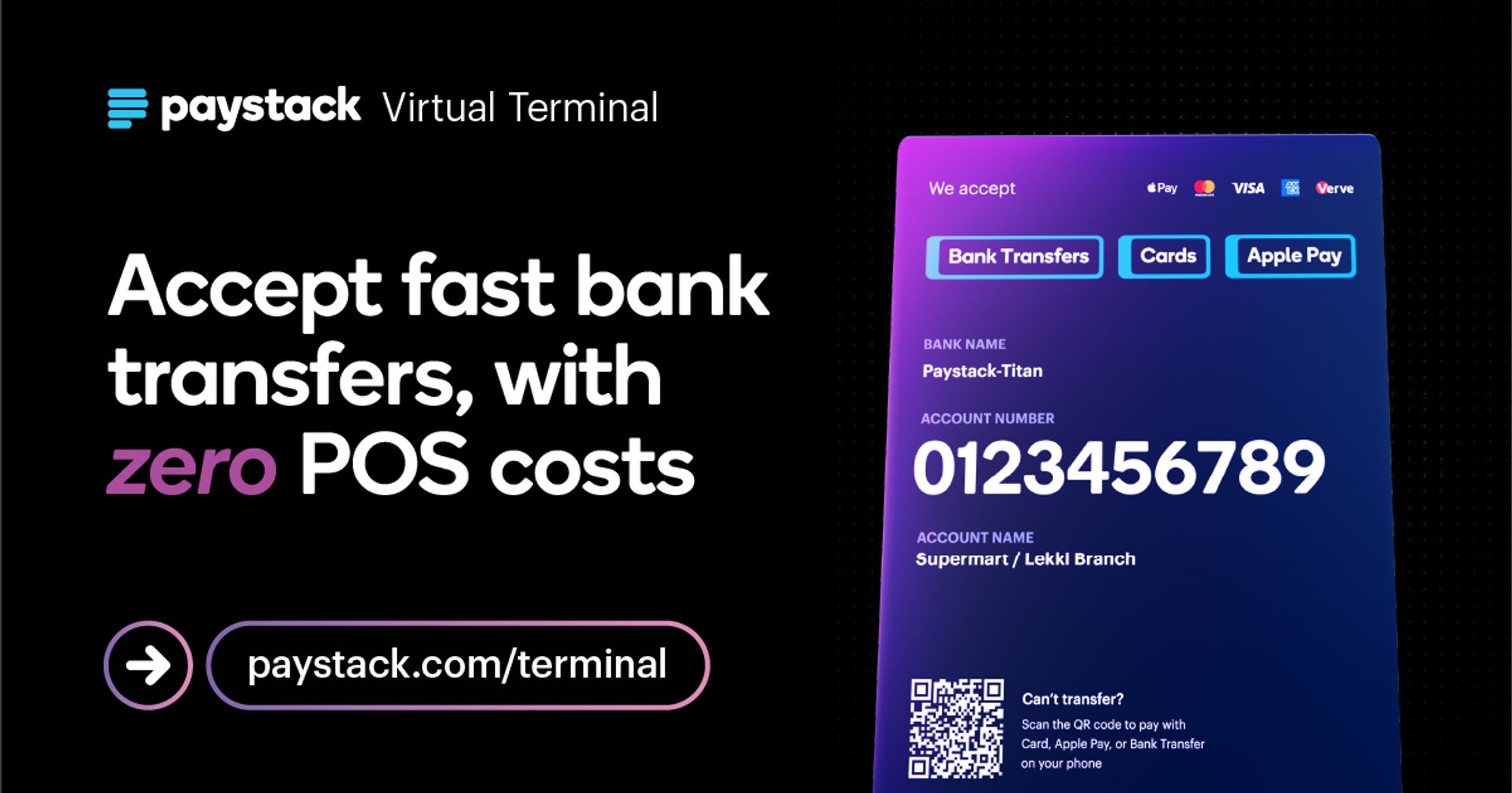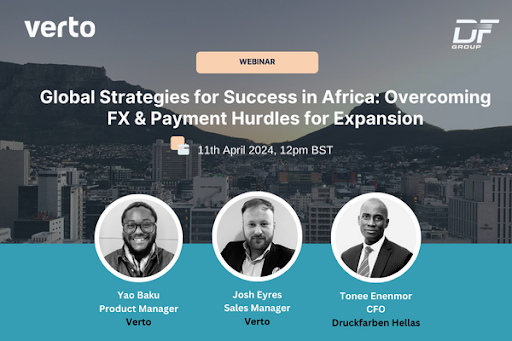

Good morning ☀️
Nigeria is not putting its money where its mouth voice is.
Music lovers—like this writer—across the country are spending an average of 31 hours per week listening to music, much higher than the global average of 20.7 hours. While this is a lot of time to be listening to Asake croon about the loneliness of the bourgeois, the country’s music streams aren’t translating to streams of income for artists. 🤷🏾♂️
In fact, South Africa contributes the bulk of music revenue in sub-Saharan Africa at 77%. What does that mean for artistes? Dig deeper in our weekend feature.
MultiChoice Nigeria loses $16.2 million to botched currency exchange deal
The Nigerian arm of pan-African TV broadcaster, MultiChoice, reportedly lost $16.2 million in a fraudulent currency exchange deal.
Per the proceedings at a UK court, the deal involved Akintunde Giwa, a currency exchange broker; JNFX Limited, a currency exchange firm; Ashay Mervyn, a representative of JNFX, and Frontier Financial Technologies Limited.
How did it happen? According to Premium Times, court documents reveal that MultiChoice had long-standing dealings with Giwa and his companies to handle naira-to-dollar currency exchanges for its business.
Giwa reportedly acted on Multichoice Nigeria’s behalf in arranging with JNFX, under 10 Multichoice contracts, to exchange naira into dollars. In 2021, MultiChoice Nigeria paid ₦7.9 billion to Giwa, who claimed to have forwarded the Naira payments to JNFX through Mervyn, a JNFX representative, to convert the payment into its dollar equivalent— $16.2 million. The payment was to be sent back to MultiChoice after being converted but MultiChoice Nigeria did not receive any payment from JNFX.
Court documents further seen by Premium Times showed that Mervyn allegedly instructed Giwa to send the Naira to a different company account— Frontier Limited— in Nigeria, where Mervyn is a director.
A legal battle: Giwa took JNFX to court on the grounds that he was defrauded by JNFX, but JNFX denies responsibility as it claims Mervyn did not have the real authority to make these deals on its behalf. Mervyn and Frontier Limited are yet to respond to the court case, and Mervyn is also reportedly wanted by Nigerian authorities for alleged financial fraudulent activities with his whereabouts unknown.
What now? The UK court has ruled that JNFX was liable because Mervyn appeared to have the authority to act for them. Emails and job titles used by Mervyn were from a JNFX email address which convinced the court that Mervyn had the authority to represent JNFX. JNFX has also been ordered to pay Giwa back the ₦7.9 billion plus interest for the deception.
Read Moniepoint’s case study on family-owned businesses

Family-owned businesses are everywhere, shaping our world in ways you might not expect. We’ve found some insights into how they work, and we’d love to share them with you. Dive in right away here.
Zimbabwe launches gold-backed currency
Zimbabwe is going for gold!
The Zimbabwean dollar—the official currency of Zimbabwe—is the worst-performing currency globally. Since the year began, the Zimbabwean dollar has shed 75% of its value. The country’s apex bank has taken multiple measures to douse the downfall of its currency, including multiple devaluations and a brief stint with a multicurrency system amongst others. These methods failed to deliver lasting results.
Now, the government is betting on a gold-backed currency to resuscitate its ailing economy.
ZiG-Zag to stability? Christened “Zimbabwe Gold” or ZiG, the new currency replaces the Zimbabwean dollar, the RTGS. Zimbabwe’s central bank governor, John Mushayavanhu, is hopeful the new currency change will reduce the inflation rate between 2% and 5% by year-end.
Zimbabwe’s apex bank has begun rolling out the new currency—which comes in denominations of between 1 and 200—and has mandated banks to convert existing Zimbabwe dollar balances to the ZiG. The bank is also making provisions for the introduction of coins.
Alongside Gold, ZiG will also be backed by other precious metals and foreign currency reserves—$100 million in cash and 2,522 kilograms of gold worth $185 million—held at the central bank. Zimbabwe’s apex bank has also mandated companies to pay at least half their taxes in the new ZiG currency.
This is not the first time Zimbabwe has changed its currency. After printing notes up to the tune of Z$10tn notes in 2008, which eroded the trust of its people and fueled inflation, the country introduced a new currency called the bond note— backed by the US dollar—in a desperate attempt to stabilise the economy. However, the bond note crashed.
While it remains to be seen how the ZiG will turn the tide for Zimbabwe, the success of gold-backed currencies globally is a mixed bag. Singapore’s gold-linked dollar has enjoyed a degree of stability. However, others, like Australia’s gold-standard experiment in the early 20th century, was abandoned due to limitations in managing economic growth.
No hidden fees or charges with Fincra

Collect payments via Bank Transfer, Cards, Virtual Account & Mobile Money with Fincra’s secure payment gateway. What’s more? You get to save money for your business when you use Fincra. Start now.
Nigeria announces new ID with payment feature
How many IDs does it take to identify as a Nigerian citizen? The answer to that question may be varied depending on who you ask.
Over the past seven years, Nigerians have had to fill their wallets with different cards just to prove their identity: A voter’s card, a driver’s license, a National Identification Number (NIN), a National passport, and the list goes on. Maybe the government thinks its citizens might be suffering from a collective case of identity crisis, with different government regimes brandishing new methods to identify them.
Now the Nigerian government is planning to add another card to the overflowing stack in your wallet.
The news: Last week, the National Identity Management Commission (NIMC), said plans were underway for a new National Identity with payment functionalities. The NIMC is teaming up with Nigeria’s central bank, a domestic card scheme, AfriGo, and the Nigeria Inter-bank Settlement System (NIBSS) to launch the ID.
While the government is betting on the card to “facilitate financial inclusion for disenfranchised Nigerians, empower citizens, as well as encourage increased participation in nation- building”, it is not the first time Nigeria has tried to add a payment feature to its suit of IDs.
A payment or identity card? In 2014, then-President, Goodluck Jonathan made an ambitious bet, launching a MasterCard-backed I.D. that served as both a debit card and a passport. However, seven years later, there is very little to be said of the project as new administrations have adopted other measures for identification.
Reactions on social media reveal hesitation among Nigerians in adopting the proposed ID. A key concern is the card’s dual functionality—serving as both identification and a payment method. Many believe a national ID should focus solely on verification.
For other Nigerians who might be looking to adopt the new ID, the NIMC has made it easy for holders of the NIN, without needing to provide additional data or undergo another biometric capture. Nigeria’s last attempt at a similar ID cost around $430 million and the new one is expected to fall within that ballpark.
As of December 2023, over 104 million Nigerians have registered for the National Identification Number (NIN), the most prominent form of ID. This represents significant progress, but it took nine years to reach this point. Will this new ID project take just as long, or can it be rolled out more efficiently?
Accept fast in-person payments, at scale

Spin up a sales force with dozens – even hundreds – of Virtual Terminal accounts in seconds, without the headache of managing physical hardware. Learn more →
Benin and Ghana to implement free roaming
In a move to enhance connectivity and economic integration, the Republic of Benin and Ghana have announced plans to implement free roaming between their nations. The agreement, between Benin’s Electronic Communications and Postal Regulatory Authority (ARCEP) and Ghana’s National Communications Authority, is set to take effect on July 1, 2024, and will lower roaming costs for customers in Benin and Ghana.
What is roaming: Roaming refers to the ability of a mobile phone user to make and receive calls, send text messages, and access data services while travelling outside their home network coverage area. When a user travels to a location where their home network provider does not have coverage, the phone connects to an available network in that area, known as a “visited network” but it often comes with additional charges, known as roaming fees.
Why is this important? “I believe it would boost trade and economic activities, and in terms of the digital economy, it would open a lot of doors for more businesses to thrive, especially SMEs. When traders arrive in any country in West Africa, they can continue using their phones to do business- check prices, communicate with staff, suppliers, partners, etc- without bothering about higher costs,” Aliyu Yusuf Aboki, the executive secretary of West Africa Telecommunications Regulators Assembly (WATRA) said in an interview with Business Day.
The move aligns with ECOWAS regulations established in 2017 to promote seamless communication within the region’s mobile networks.
More roaming deals in Africa: According to a report from Telecomms Review, the African roaming tariff market, which includes the fees charged by communication service providers for using devices outside their network coverage area, is expected to reach $2.5 billion by 2027. This growth is estimated to have a steady annual increase of 5.5% until 2027.
The telecommunication regulatory bodies in West Africa have been taking proactive steps to enhance international roaming services. A November 2023 agreement between Senegal’s Regulatory Authority for Telecommunications and Post (ARTP) and Mauritania’s Regulatory Authority (ARE) signifies another effort to minimise cross-border interference and enhance network quality along their shared border.
Ghana and Togo, in March 2024, also forged a mutual free international roaming deal, aligning with ECOWAS regulations. This initiative aims to significantly slash call and data roaming charges, promising more affordable communication for users in these regions.
Global Strategies for Success in Africa: Overcoming FX and Payment Hurdles

Join Verto as it explores Africa’s business landscape, master international pitches, navigate currency fluctuations, and forge strategic alliances for financial resilience. Register now.
The World Wide Web3
Source:

|
Coin Name |
Current Value |
Day |
Month |
|---|---|---|---|
| $69,460 |
+ 0.00% |
+ 1.49% |
|
| $3,423 |
+ 1.04% |
– 12.41% |
|
|
$1.18 |
+ 2.38% |
+ 70.91% |
|
| $176.42 |
– 2.40% |
+ 20.15% |
* Data as of 05:30 AM WAT, April 8, 2024.
- Come and get an exclusive scoop into the State of Tech in Africa in Q1 2024. On April 12 by 11 AM (WAT), TechCabal will launch its SOTIA report which spotlights important trends in Q1 2024 while also delving deeper into the nitty gritty of various happenings in Africa’s Tech Space. As a stakeholder in Africa’s Tech Ecosystem, these insights will help you position strategically and uniquely to harness the innovative progress within this sector. You don’t want to miss this. Register here now to make sure!
- The second edition of TechCabal’s Moonshot Conference is set for October 9–11, 2024, at the Eko Convention Centre, Lagos, Nigeria. Moonshot will assemble Africa’s biggest thinkers, players and problem solvers on a global launchpad for change. If you want to join the stakeholders in Africa’s tech ecosystem for three days of insightful conversations, then get an early-bird ticket at 20% off.
- Nigeria’s biggest women-only festival, Hertitude, is back for a third time. For those new to the scene, Zikoko brings all the girls to the yard every year to let their hair down, form bonds and celebrate what it means to be a hot babe. It’s happening on April 20, 2024, in Lagos and will feature everything from talent shows and karaoke sessions to spa services, live music performances and an afterparty. Click here to get tickets.
- Attention all music lovers! On Saturday, May 11, 2024, Zikoko wants you outside for a day of link-ups, games, drinks and live performances at Muri Okunola Park, Lagos. Strings Attached is an opportunity for friends to reconnect, lovers to bond and individuals to make friends and build community. To get a free ticket, download the Onebank by Sterling App and sign up using ZIKOKO as the referral code. You’ll get your ticket in your email once tickets are available. Click here to get the app.
Here’s what you should be looking at
Written by: Towobola Bamgbose & Faith Omoniyi
Edited by: Timi Odueso
Want more of TechCabal? Sign up for our insightful newsletters on the business and economy of tech in Africa.
- The Next Wave: futuristic analysis of the business of tech in Africa.
- Entering Tech: tech career insights and opportunities in your inbox every Wednesday at 3 PM WAT.
- In a Giffy: business decisions powered by data-driven insights and analysis you can trust.
- TC Scoops: breaking news from TechCabal
P:S If you’re often missing TC Daily in your inbox, check your Promotions folder and move any edition of TC Daily from “Promotions” to your “Main” or “Primary” folder and TC Daily will always come to you.





















